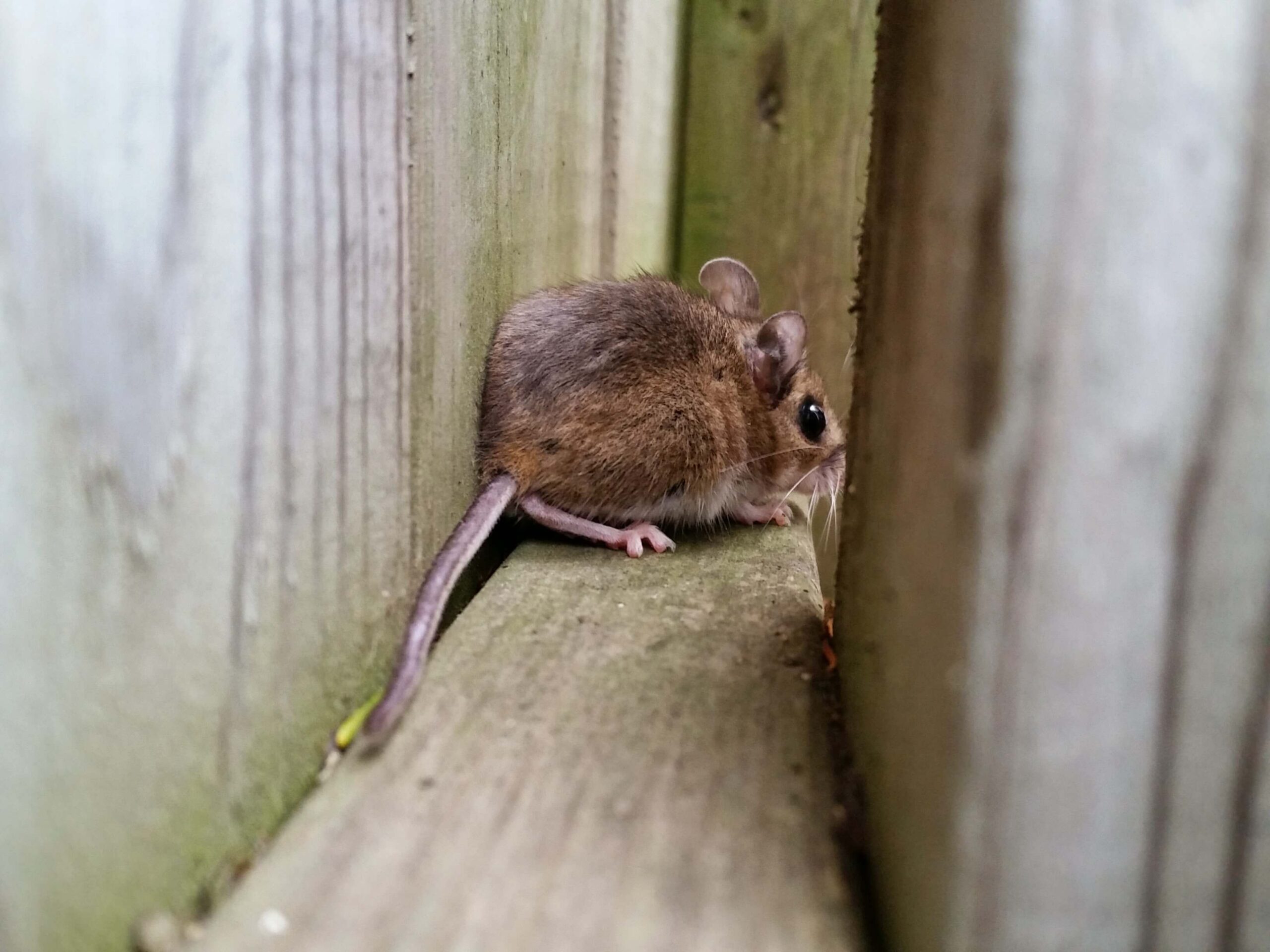If you suspect you have at least one mouse in your home, you may wonder whether it would be simplest to simply wait it out until the mice either leave or expire. Unfortunately, it is not in the nature of mice to leave a cozy space once they find it. Consider a few bits of key information about these little furry houseguests and why you may want to invest in mice control Pickering as soon as you spot one.
How Long Do Mice Stay in a House?
The lifespan of a typical mouse ranges from about six months to two years. Generally, the more access to food and shelter a mouse has, the longer it will live. This means that a mouse in your home has the potential to stick around for several months at a minimum.
While it would be nice if mice simply visited your house and then moved on after a short time, this is rarely the case. Mice often enter peoples’ homes to improve their chance of survival, whether that involves finding warmth, food or both. As long as a mouse finds what it needs within your space, it is unlikely to leave of its own accord.
What is especially concerning about catching a glimpse of a mouse in your home is that this sighting is usually an indicator of a more extensive rodent presence. Mice do not usually live on their own, so you can expect to find a few more lurking somewhere. Mice outside may even smell those in your house and join them in their new home.
Unfortunately, these critters breed exceptionally fast. Females mice can bear as many as 60 babies in a single year and these offspring become mature in as little as three weeks. Thus, ignoring a small mouse problem may lead to a much bigger issue in a short period of time.
What are the Risks?
There are several different ways sharing your home with mice can negatively impact you and your family. For one, mice can spread diseases, some of which are quite dangerous. Hantavirus, ringworm and ratbite fever are just a few examples. You may be at risk for these illnesses even if you never physically encounter a mouse because these visitors often spend time near your food storage and leave droppings all over the place.
Mice also pose a threat to your property. Because mice must constantly chew on something to wear down their ever-growing teeth, they have been known to gnaw on the wood of doors, trim and furniture. Additionally, mice can chew through electrical cords, leaving exposed wires that may lead to a fire. Finally, the holes mice leave when they enter your home may make it easier for additional mice, and even larger animals, to make their way into your space.
How Do You Know If You Have Mice?
There are several signs you can look for to determine whether you have mice in your house. Some are relatively subtle, such as the signs of footprints along walls where they run at night. You may also notice bite marks on wood and other structural materials. A couple of the most obvious pieces of evidence you may encounter include nests and mouse droppings. Nests can be made of practically anything, but paper and plants are common ingredients. Mouse droppings can look like a brown grain of rice and must be carefully removed to prevent contracting an illness.
What Can Be Done About an Infestation?
Getting rid of mice is not always an easy process, but the most important thing to remember is that these critters should not simply be ignored. Ultimately, it is best to call in professional help to ensure the problem is resolved and will not occur again.
At Skedaddle Humane Wildlife Control, we take care of the mouse removal process from start to finish. We remove the mice without killing them, seal off any potential entryways into your home and even help with clean-up. Give us a call today to kick out your furry neighbours for good.




